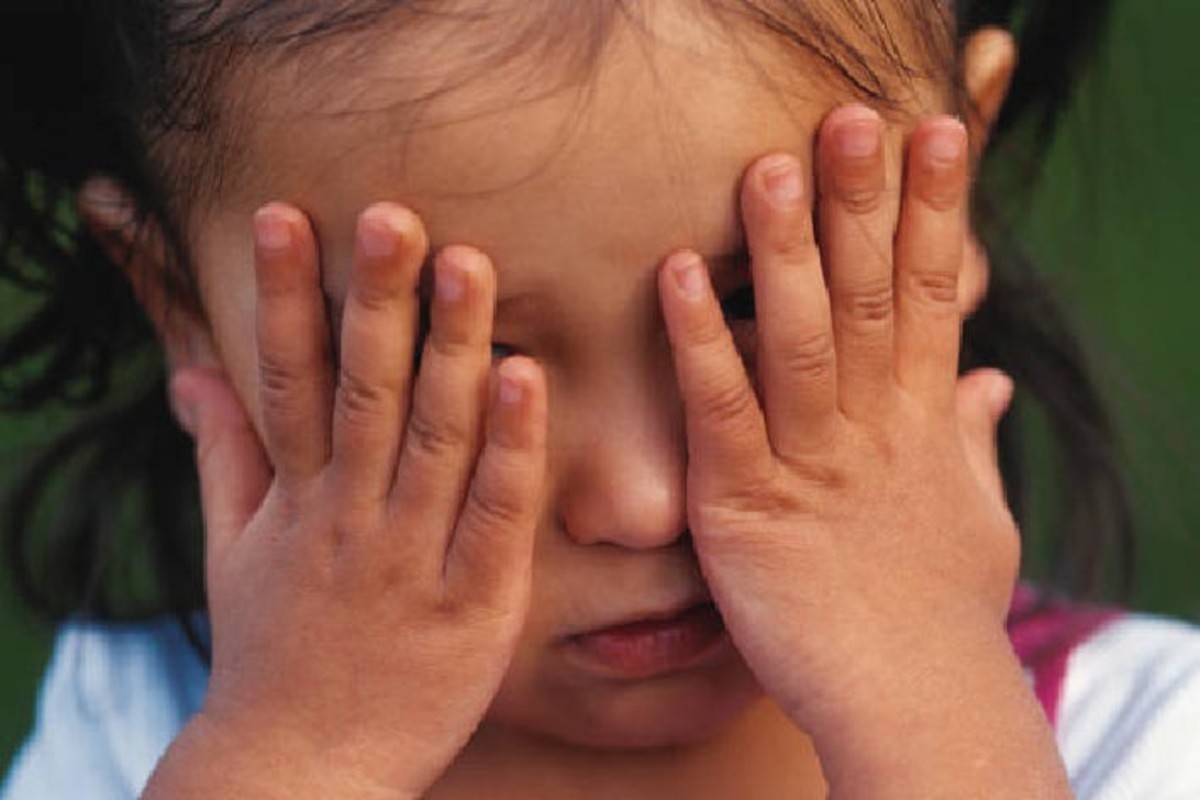Kids and Competition
Is Competition Good for Kids?
Do you think competition is a bad thing for kids today? Over the Christmas holiday I had a wonderful conversation about sibling competition with one of my brothers. It reminded me that every so often you hear concerned parents, educators or politicians lament the difficulty of children and competition. Most often it is done indirectly in seemingly innocuous ways like the campaign against a zero grade or in communities there they don't keep score in little league games. It got me thinking about this subject and why I think competition even amongst kids is overall a good thing!
My Brother's Story - He was telling my how my nephew and niece were at a climbing wall. My nephew's older sister was climbing a 15 foot wall and he was having trouble getting a few feet off the ground. Once he saw her up on that wall, he got a little P.O.'ed and climbed to the top.
Seeing her little brother scale the wall made her want to scale the 30' wall and she did, Well so did he! Now she was onto the big kids wall and up she goes to the top of the 45' wall. So what does little brother do? Climb as far as he can. Now there is 3 years difference between these two and he probably would have made it to the top had the separation between foot/hand holds been closer... but this was for the big kids and alas he wasn't quite big enough to reach some of these holds.
Big Picture -The big picture here is both of these kids benefited by this sibling rivalry and competition. Had my niece's little brother not climbed the 15' wall she would never have known that she was capable of climbing the 45' wall. Had my nephew not wanted to compete with his older sister he would not have even made it to the top of the 15' wall let alone try to climb nearly to the top of the 45' wall. Both of them are better off today for having competed with one another.
Protecting Kids - The other side of this coin is competition means there are winners and losers. Losing can feel bad and parents and sympathetic educators/adults try to protect young people from feeling bad. The sense is that too many bad feelings can break the will and damage a young person who does not understand the meaning of why it hurts to lose or not be as good at something as others.
There is no doubt these people mean well but there are lessons to be learned from losing and feeling bad. There are also consequences that are more ruinous than the bad feelings.
Consequences to Protecting Children from Competition - By dulling the sting of defeat, we extinguish the joy of triumph. This means a person who does not understand losing can not appreciate winning. Here are some examples;
- It took 105 faxes to Division 1 colleges and 104 No's for Wes Welker, to find a college who would give him a scholarship. Why? Because he was 5'9" and ran a 4.6 40 yard dash. Not good stats if you want to play Division 1 college football. He went on to prove he belonged in Division 1 football. After a stellar college career he was undrafted by the NFL and cut after 1 game by his first team. He finally stuck and was traded to a team that saw his heart and skills. Last year he was tied for the most receptions by a receiver in the National Football League and is going to this years Pro Bowl. Imagine if his mother told him not to worry about a scholarship or tried to protect her smallish slow son from competing at a high level?
- How about Lily Walters, she writes how she lost part of a hand in an accident when she was young. When asked if it affected her life she said yes but not in a bad way. She lists accomplishment after accomplishment and ends by saying that her family focused on her many accomplishments and not the handicap. Imagine if they protected her from the pain of not being able to do things at first?
- There are many other stories from sports, medicine, the military and ordinary citizens who triumph over adversity.
Common Thread - While I'll accept there may be skeptics out there who suggest that these are just examples of extraordinary people, I have to agree they are extraordinary, but not because they have special gifts. They are extraordinary because they won despite challenges. There was probably at least one person in their lives that supported them and allowed them to fail so they could learn to overcome that failure and learn about success.
Duality of Success and Failure - This is where the idea of protecting kids from failure and hurt falls apart. Success and failure are two sides of the same coin. Without one you can not know the other. What fun is it to guess which side the coin will land on if both sides are heads? Similarly what good is it to succeed when there is no chance to fail? Protecting kids from failure protects them from winning as well.
Back to my niece and nephew - As I mentioned earlier both of them ended up better off for having met the challenge. The younger boy did not ultimately win the competition with his older sister because she climbed higher than he did but he did learn success and he did meet a challenge. Sometimes just knowing you can compete with those you admire, is in and of itself a tremendous success.
Parents/Teachers Role - The parents and guardians have a specific role in dealing with failure and learning to compete. This role has 2 components, enforcement and teaching. As you can probably guess, I'm all in favor of competition for children, so long as there are limits. There have to be rules and/or boundaries and each child should have an equal opportunity to succeed.
This sets up the first of 2 roles for the parent or adult guardian,enforcement. The adult needs to create boundaries and enforce the rules so each child has the same opportunity to succeed. No playing favorites or making it harder on those who have more skills. Let the best person win.
The second and most important rule is teaching. There are so many wonderful lessons from winning and losing and it is up to adults to teach those lessons. Some examples include;
1) If you lose there is still tomorrow. Sports like nothing else teaches children that even if you lose there will be a next game or next season and every team starts that next game with the same chance to win because the score is 0 to 0.
2) Losing does not make you a loser. Losing means you did not win this time. A loser is a personality trait, a quality about a person. We each have our own blessings and skills. Adults need to teach kids to find and develop those skills and blessings and make the most of them.
3) Winning does not make everything all right. Winning is a wonderful feeling. Winning at something you've spent a great deal of time and resources to accomplish is especially rewarding but it too shall pass. For example, this year when Barak Obama was elected the President of the United States, there were people who were elated beyond believe and there were those who were very depressed. When Mr. Obama won the election, nothing substantive changed in but a few people's lives, like those around President-Elect Obama's life. For the other 350 Million or so citizens of the US, nothing really happened to us. We got up in the morning, went to work the next day, picked up the kids from school and so on. The elation of winning for Obama supporters was a terrific experience but life will go on and in 4 years they will have to meet the same challenge all over again. This should teach us that winning should be treasured because it is fleeting and there will always be tomorrow and the next challenge or challenger. Eventually, someone else will win and life will go on.
4) The real victory is in meeting the challenge of competition. How often have you heard really successful people talk about the journey was more important than the result? This means meeting all the challenges and adversities along the way is more rewarding than the actual result. This is why successful people are always looking for that next big challenge. Parents and adults must help children see their accomplishments and help them build on those accomplishments. Competition is a means to help children stretch themselves in ways they many not otherwise stretch. Even if they do not make the ultimate goal on that day, there is always tomorrow and the fact that they were still competing and making effort gives them the chance to win and become a better person.
Final Thought - Again a sports metaphor but sports it is the simplest way to exemplify the benefits of competition. The pitcher who holds the record for the most losses happens also to be the person who holds the record for the most wins and it isn't even close. This just means he tried more than anyone else. Sure he failed a bunch of times but he also won. Kids need to learn that in order to win they need to compete. Protecting them from competition only serves to protect them from the lessons and joys of winning... so I say go compete!
More Kid Resources
- gifts for 5 year old boys.
Now I'm a little more than 5 but I can tell you one thing about boys, we like toys of action. Fortunately, a boy of 5 has cheaper toys than a boy of my age! Toy Gift - My favorite toys for boys that age... - Teaching Kids the Art of Tying Shoes
I have to admit I'm old enough that I don't remember learning to tie my shoes. I also don't remember it being any kind of big ordeal, so when it came time for my kindergarten aged daughter to learn to tie...






